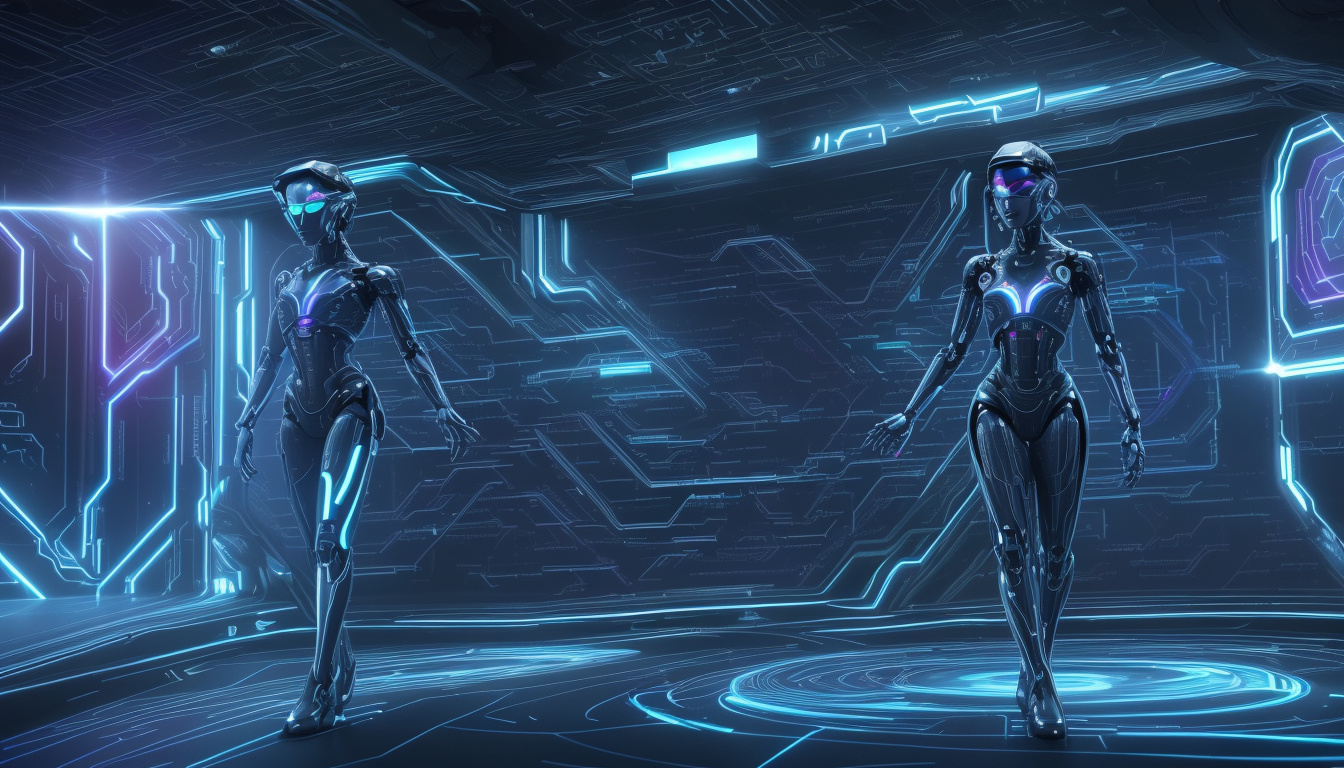Netflix Employs Generative AI Visual Effects for First Time to Reduce Production Costs
Netflix has incorporated generative artificial intelligence (AI) technology into one of its original TV series for the first time, marking a significant development in the streaming giant’s approach to content production. The announcement was made by Netflix co-chief executive Ted Sarandos, who revealed that AI-generated visual effects were used to create a building collapse scene in the Argentine science fiction show The Eternaut.
Faster and More Affordable Visual Effects
Sarandos explained that generative AI, which can produce videos and images based on text prompts, enabled the production team to complete the complex sequence of a building’s collapse much faster and at a lower cost compared to traditional special effects techniques. He noted that the AI-assisted scene was finished approximately ten times quicker than would have been possible otherwise, making it financially feasible for a show operating within a modest budget.
“The cost of it just wouldn’t have been feasible for a show in that budget. That sequence is actually the very first generative AI final footage to appear on screen in a Netflix original series or film. So the creators were thrilled with the result,” Sarandos stated.
Generative AI: A Controversial Innovation in Entertainment
The use of generative AI in content creation has sparked significant debate within the entertainment industry. Critics are concerned that AI might generate content without proper consent from original creators and potentially threaten jobs traditionally held by artists and technicians. These issues were central to conversations during the Hollywood strike in 2023, when unions such as the Screen Actors Guild–American Federation of Television and Radio Artists called for tighter regulations on AI use.
Notably, film producer Tyler Perry halted plans for a substantial $800 million expansion of his Atlanta studio in 2024, citing worries about the impact of AI-generated videos on employment in the industry.
Industry Perspectives on AI Adoption
Despite controversy, many studios are beginning to embrace generative AI as a valuable tool. Davier Yoon, co-founder of Singapore-based animation studio CraveFX, remarked that Netflix’s adoption of generative AI is a natural progression. He sees AI as one more digital instrument available to visual effects artists, enhancing their ability to realize creative visions.
“It feels like a matter of time. AI definitely opens the gate to allow smaller studios to achieve big budget-looking visuals. Ultimately, it is the artist who decides what is in the final image, not AI,” Yoon said.
Netflix’s Strong Performance and AI Integration
Netflix’s announcement came alongside its report of a strong financial quarter. For the three months ending June 30, the company posted a 16% revenue increase, reaching $11 billion (£8.25 billion), with profits rising from $2.1 billion to $3.1 billion year-on-year. This growth was partly driven by the success of the third and final season of the South Korean thriller Squid Game, which has amassed over 122 million views.
Sarandos emphasized that AI technology is helping Netflix to deliver advanced visual effects on projects with smaller budgets, potentially broadening the scope for diverse and innovative storytelling.
As generative AI continues to evolve, Netflix’s pioneering use of this technology in The Eternaut signals a new chapter in the streaming industry—balancing efficiency and creativity while navigating the challenges and debates surrounding AI in entertainment.










